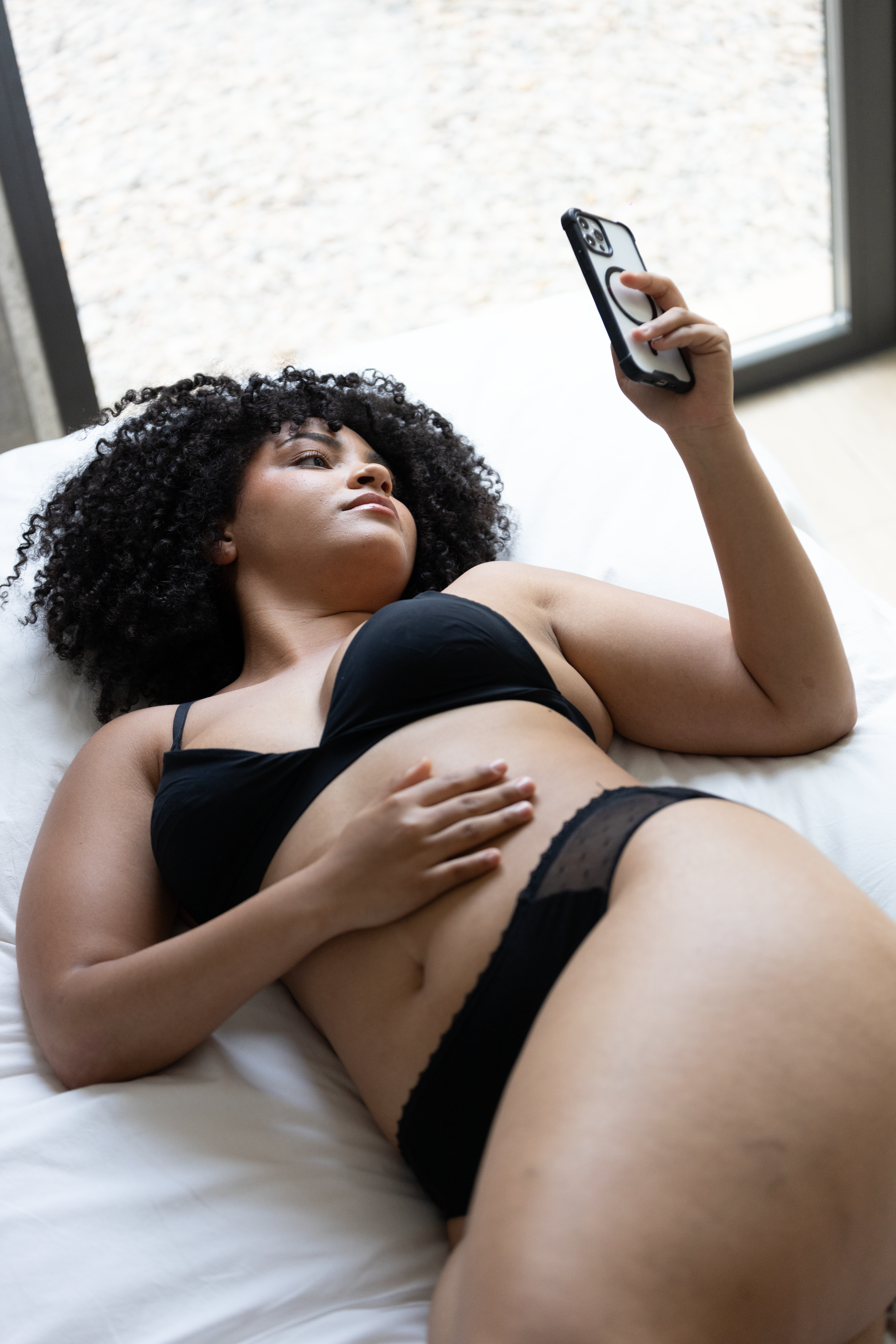
It is normal to have heavy menstrual bleeding. Menstrual underwear
Menstruation is those days of the month in which we sometimes feel that we do not want to leave our bed, and although this is a totally natural process that should not impede our daily lives, many women do not seem to see it this way.
Each body is and works differently, the same goes for menstruation, it can vary from one person to another, and menstrual underwear is very important for each type of menstruation.
In the case of menstrual flow, it can occur in a normal way or in an excessive way. But to what extent is it a "normal" flow? Come with me to find out.
How to know if my heavy menstrual flow is normal.
Heavy menstrual bleeding has become one of the most recurrent reasons in both primary care and primary consultations. It is one of the main causes of anemia.
Excessive blood loss that interferes with a person's daily life is considered clinical heavy bleeding, meaning that it requires medical attention. Considerably affecting the physical and emotional aspects of the patient's life.
This type of bleeding can trigger intense mood swings, as well as exhaustion not only physically but also psychologically. The fear of having "accidents" can limit daily life.

It is necessary to keep track of the menstrual cycle.
To determine if you are suffering from heavy menstrual bleeding, a detailed record of your menstrual cycle is necessary. Since the intensity of bleeding can vary from person to person, determining when it is a clinical heavy menstrual bleeding is really complicated.
It is also important to note that a heavy menstrual cycle is not a major problem. You will need the attention of a doctor when this occurs in most menstrual cycles for at least six months.
Although the cause of heavy menstrual bleeding is unknown, there are several conditions that could be generating this type of excessive bleeding. Such is the case of a hormonal imbalance, a decompensation generated by the polycystic ovary, insulin resistance, obesity, among others.
I have a heavy flow. When is it time to go to the doctor?
- When your menstrual cycle lasts more than seven days.
- When you need to change continuously for several hours.
- When you have to change your pad at night.
- When you present clots similar to the size of a grape or even larger.
- When your heavy flow prevents you from doing activities of daily living.
- When you feel a lack of energy or tiredness.
- When you feel unbearable pain in your lower back or abdomen.
Menstrual pads and clothing for heavy flow.
Many women with heavy flow suffer from having to change pads repeatedly. That is why when this type of bleeding occurs, it is best to use models with greater absorption capacity. In this way, the time it takes to change pads will increase a little.
One of the effective methods to prevent excessive menstrual bleeding is menstrual underwear. These pieces of underwear are designed with multiple layers and absorbent fabrics. Thus, they can hold all the menstrual flow avoiding leaks and accidents.






